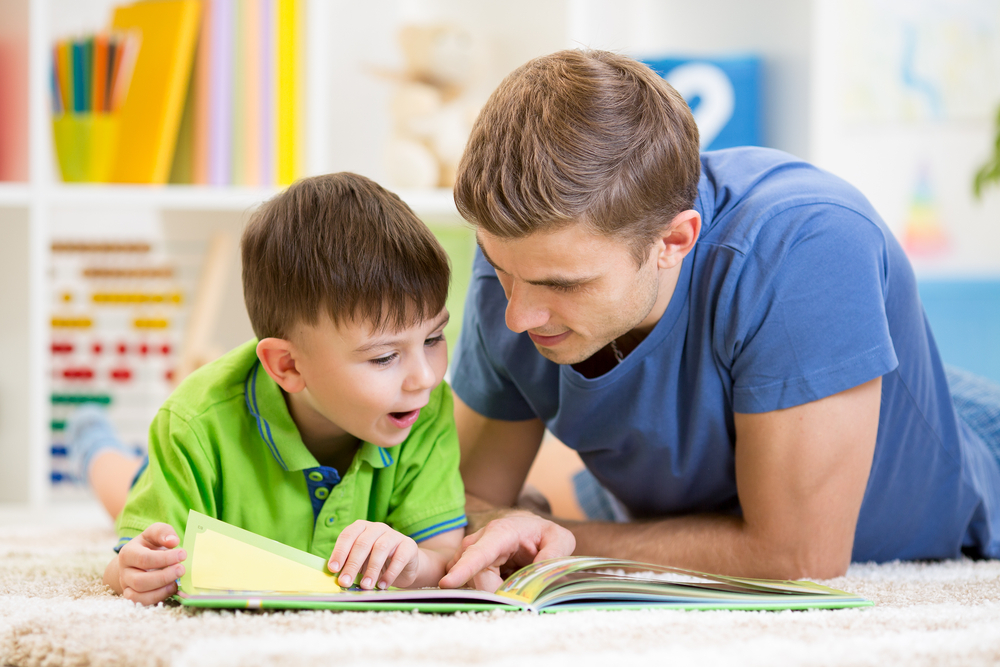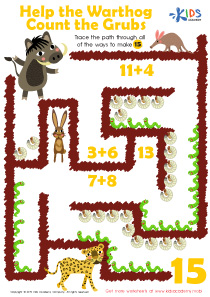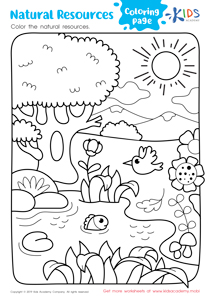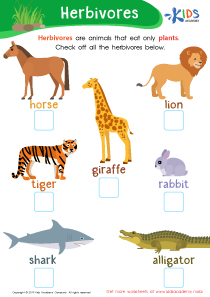Sentence construction Normal Kindergarten Worksheets
4 filtered results
-
From - To
Discover the perfect foundation for your child's literacy with our Sentence Construction Kindergarten Worksheets at Kids Academy. These engaging, printable sheets are tailored to help young learners develop essential sentence-building skills through fun activities. With a focus on creating simple sentences, using sight words, and understanding word order, our worksheets offer a blend of educational rigor and entertaining exercises. Ideal for preschoolers transitioning to kindergarten, these resources promote confidence in early writing and reading. Foster your child's language development while encouraging a love for learning—explore our Sentence Construction Kindergarten Worksheets today!
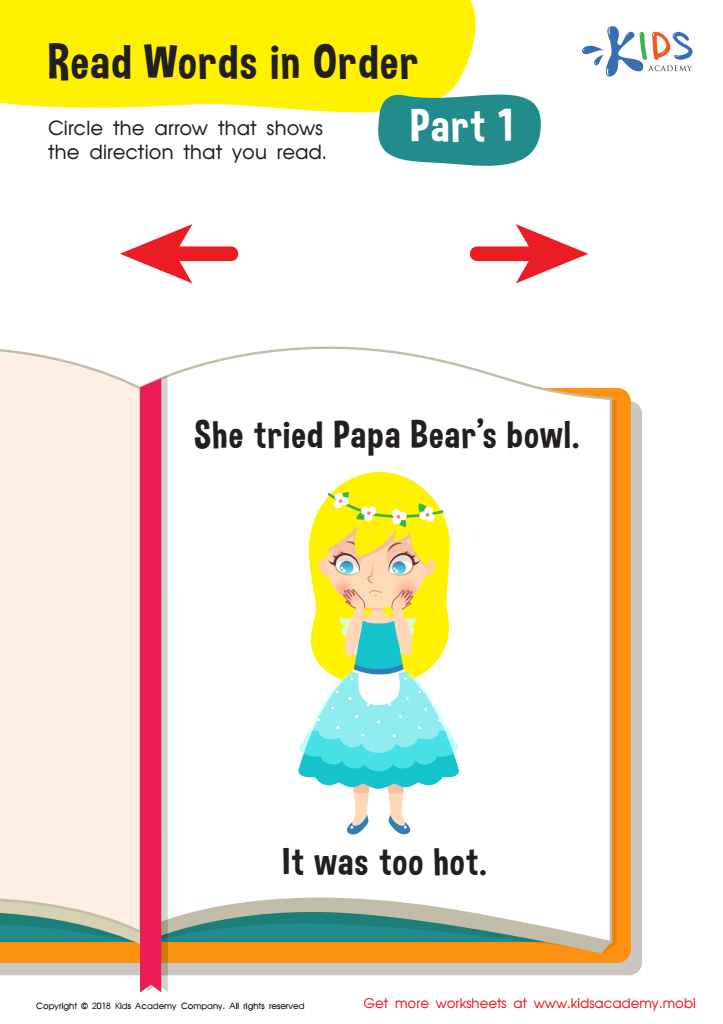

Read Words Order Part 1 Worksheet
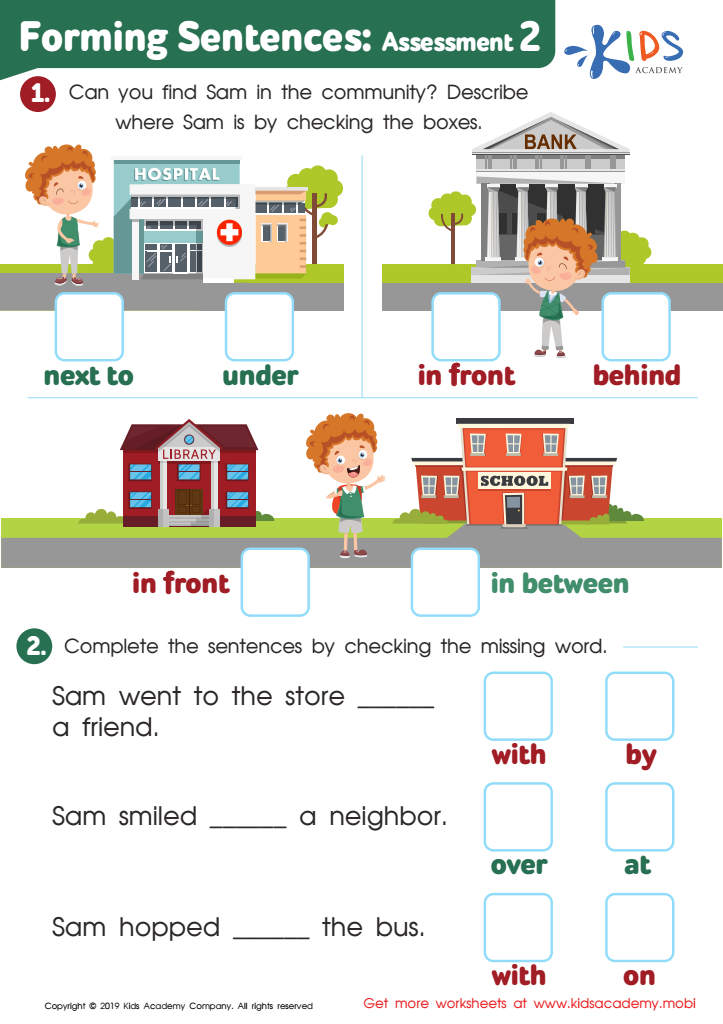

Forming Sentences: Assessment 2 Worksheet
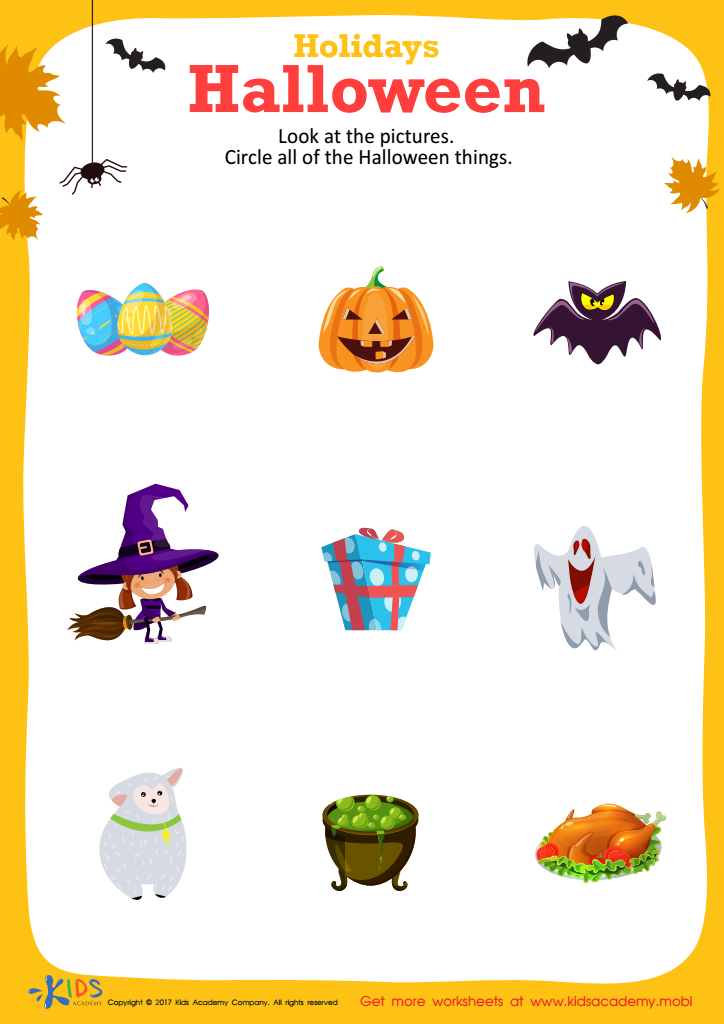

Halloween Holiday Worksheet
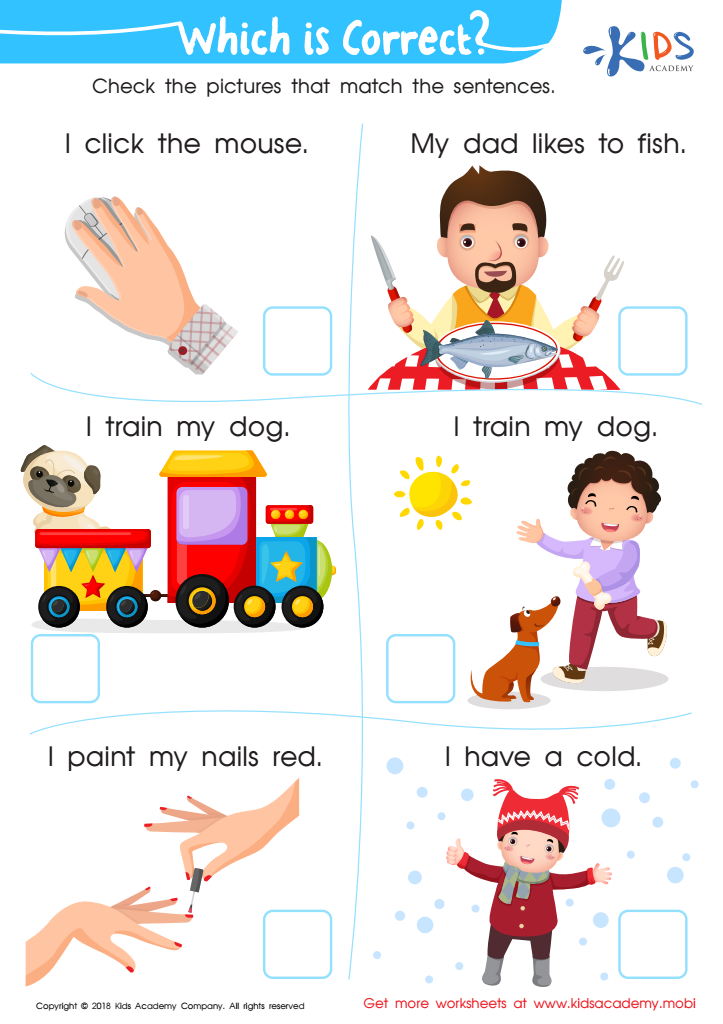

Which Is Correct? Worksheet
Sentence construction plays a crucial role in early childhood development, making it essential for parents and teachers to focus on during kindergarten. At this formative stage, children are like sponges, rapidly absorbing language skills that lay the foundation for future learning. Teaching sentence construction not only boosts their ability to communicate effectively but also enhances their cognitive abilities.
When children learn to form complete sentences, they understand the structure of language, which is vital for reading comprehension and writing skills. This understanding helps them express their thoughts clearly and logically, fostering better social interactions and relationships. It also sets the groundwork for academic success, as strong language skills are linked to improved performance across various subjects.
Moreover, practicing sentence construction aids in the development of critical thinking. By learning to organize words meaningfully, children begin to grasp cause and effect, sequencing, and logical connections. This cognitive growth supports problem-solving and decision-making skills crucial for their overall development.
Parents and teachers, therefore, should emphasize sentence construction in kindergarten to nurture effective communication, cognitive growth, and future academic success. Simple daily activities like reading together, interactive storytelling, and engaging in conversations can enhance these vital language skills.

 Assign to My Students
Assign to My Students







.jpg)
